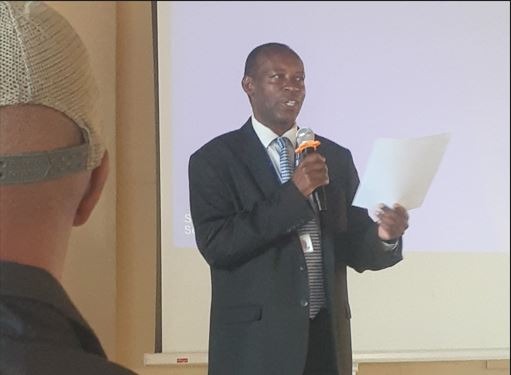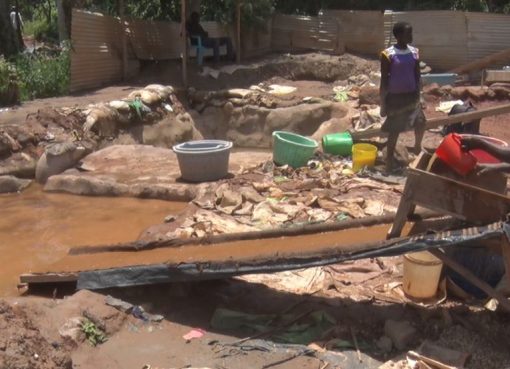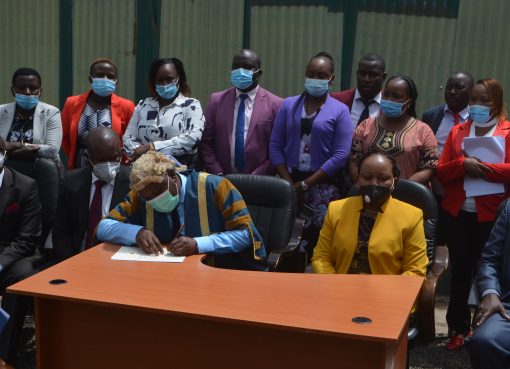The Kenya Bureau of Standards (KEBS) has proposed a new levy order to ensure up-to-date standardisation even as it targets improved revenue collection.
KEBS’s South Rift Regional Manager, Cyrus Wambari, disclosed that the old levy order had been in use for 33 years, noting that the proposed levy will also help the agency accommodate more small-scale producers.
Speaking during a public participation meeting in Nakuru County, Wambari appreciated the previous levy order that has helped them add more companies, from 1,200 to over 19,000, hence increasing the rate of employment.
He noted that the new levy that was under public review in various forums across the country had a clear classification and interpretation for the manufacturers, processors, and investors, along with their obligations, unlike before.
“We have had many cases of people coming to our offices claiming not to be manufacturers and asking where they belonged as producers, and now this new levy order is going to clarify that and also indicate the rates of levy they should pay,” he reiterated.
Daniel Muraga, a resident of Nakuru County, regretted the poor management they have received from the KEBS while at the same time reiterating that they need to stick with one manager rather than changing their managers every year.
He also advised the organisation to involve stakeholders in any meeting held, especially in their county, saying that they consider them their parents as they are the people who normally pass on their grievances.
“We are not sure of the data that has been presented to us about how the previous levy order has worked for the past 33 years because it is not well detailed, clarified, open, and convincing enough for the public, including me,” Muraga said, as he advised KEBS to source qualified researchers to help them collect valid data.
Margret Ouma, one of the officers from KEBS, clarified the change in the levy order, saying that this was because of the increasing cost of the economy, citing an example of the increased value and rate of a dollar, which keeps appreciating over time.
“We have proposed to move the bidder amount from people who earn Sh200,000 and above to a bracket of a million shillings and below,” she said, noting that this was in line with the bottom-up economy so as to include as many Kenyans as possible.
Ouma clarified the exemption of the people with disabilities from penalties by KEBS but noted that they had not produced a certificate for them, but assured them of rectifying the anomaly so that they could feel accommodated in the KEBS fraternity.
She finally advised those who attended the forum to revisit a validation meeting, which was held virtually and was open to everyone from every county, to get feedback concerning the new suggested levy order.
By Merceline Khaemba and Eddah Khayanga




